Ndaba Sibanda : Interview with Exeter Publishing
Sibanda is the author of Notes, Themes, Things And Other Things, The Gushungo Way, Sleeping Rivers, Love O’clock, The Dead Must Be Sobbing, Football of Fools, Cutting-edge Cache, Of the Saliva and the Tongue, When Inspiration Sings In Silence, The Way Forward, The Ndaba Jamela and Collections and Poetry Pharmacy, Sometimes Seasons Come With Unseasonal Harvests, This Cannot Be Happening: Speaking Truth To Power, A Different Ballgame: A Happy Harvest, As If They Minded, and The Dangers Of Child Marriages, Billions Of Dollars Lost In Earnings And Human Capital and A Season To Reason: The Irony Of A Loud Silence.
Interview with Exeter Publishing
Tell us about where you grew up.
I grew up in the city of Bulawayo, which is affectionately known as Kontuthuziyithunqa or the City of Kings and Queens. The city has its history, heritage and heartbeat. I still have fondest childhood memories of growing up in Bulawayo's Gwabalanda suburb, memories a vibrant, orderly and clean Bulawayo, of playing the homemade plastic ball in the neighborhood, memories of watching TV in my auntie`s residence, of using Emergency Commuters taxis, of spending shared quality time as a family etc. I also have memories of struggles and victories, love, happiness and disappointments.
I attended Mafakela and Fusi Primary schools. Bulawayo is not only the second largest city after Harare, but also it has been historically known and acknowledged as the chief industrial beacon and heart of Zimbabwe. For further information about Bulawayo as the country`s industrial hub, perhaps you may wish to take a look at the following link which leads to my article titled Roaring Into Bulawayo's Royal Treat. https://pagespineficshowcase.com/end-notes-2019/roaring-into-bulawayos-royal-treat-ndaba-sibanda
Did your hometown influence your writing as you matured?
Absolutely, home is where the heart is. My hometown influenced my writing. For example, the Battle of Bulawayo easily triggered what was my serious attempt at writing—my very first script—and what would have been, perhaps my very first published book. I was young, but curious and anxious about what was happening in and to the newly independent state for which my eldest brother had fought gallantly as a Zimbabwe People`s Revolutionary Army (ZIPRA) guerrilla. My debut script did not see the light of the day because my father advised me in no uncertain terms to abandon that project. Wow, I was expecting a pat on the back! That made me more curious. Perhaps, that terrifying episode disillusioned me about issues of mistrust, bigotry, hegemony, betrayal and human rights and the mindset and objectives of the authors of the Gukurahundi campaign. At the centre of the post-independence drama I begun to see more and more the ugly face of blatant and toxic prejudice, propaganda, disharmony, dishonesty and decay instead of the much-hyped beauty of harmony, justice, unity and freedom.
What aspect of your hometown did you focus on the most while writing your piece?
I focus on the cultural aspect of my hometown. It is diverse and rich. I feel that the city is now a pale shadow of its former self. Bulawayo used to be a cultural hub. I tend to look at culture as a social phenomenon that symbolizes and showcases the totality of a societys distinctive philosophies, beliefs, behaviors and core values. Communication is a crucial element of culture, so is identity. I focus on cultural politics, on issues of cultural identity, displacement, cultural distortion, assimilation and destruction. Cultural identity is the identity of belonging to a group, and includes socially constructed categories of being and expectations for social behavior. I pay attention to the beauty of music, the food and how proverbs play a crucial role in delivering a people’s wisdom, history and heritage.
Was there a specific moment you were thinking of when penning your poems?
Indeed, at times I wrote of moments of madness that saw the unprecedented persecution and massacring of the unarmed and innocent, the decay and destruction of infrastructure, company relocations and closures, the shrinking of the economy, of the scourges of greed and corruption, of people who chose to digress instead of progressing, and the tragic prioritization and implementation of prejudice and hegemony.
What is the best writing advice you have received?
Writing is not always easy. Writing, like other everyday activities is a process that gets easier with practice. A cook needs a recipe, ingredients, passion and proper tools to cook a delightful meal. An author needs a strategy or a plan, sufficient time, skill, resources and passion to come up with a good piece.
Why do you write?
I write for a number of reasons, among those whys and wherefores are these: to express my feelings and thoughts about certain observations, ideas, aspirations, concerns, dreams and happenings. I think I have a special duty to inform, enlighten, please and persuade the reader. Writing does not only help me understand myself and the world in a certain way, but also helps me reflect on my experiences and learn from them. I write because it is my passion, and it is also my part and path of life.
Do you write primarily for yourself, or is there a certain audience you are hoping to reach?
Chiefly, there is a certain audience I seek to reach out to. Generally, it is my wish to create and maintain relationships with people all over the world, for humanity is one irrespective of the complexity of life.
What is your writing process? Do you have any quirks?
My writing process does not follow hard-and- fast rules. I don’t have a strict writing schedule but once there is a writing project, I try as much as possible to be focused and devoted to the plying of my trade. In a nutshell, I follow these five steps in the writing process: prewriting (conveying abstract views or thoughts into concrete ideas), arranging ideas, writing a rough draft, revising and editing. However, at times I find myself engaged in an exercise in which I write whatever thoughts are in no particular order. Freewriting gives me the freedom to be spontaneous and to silence the inner detractor that blocks the flow of ideas and creativity. Yes, what is a writing process without a twist of fate!
Who is your favorite author and why?
Okot p’Bitek, Chinua Achebe, Jack Mapanje, Wole Soyinka, Ngugi wa Thiong’o, Maya Angelou and Ken Saro-Wiwa are some of my favorite authors. To answer the ‘why’ part of the question, let me make reference to four interesting quotes. Susan Sontag once said, “A writer, I think, is someone who pays attention to the world.” Margaret Atwood wrote, “You need a certain amount of nerve to be a writer”. Stephen King had this to say about writing, “Quiet people have the loudest minds”. Books are an embodiment of immortalized voices and ideas. That`s why Jorge Luis Borges beautifully summed it up like this, “When writers die, they become books, which is, after all, not too bad an incarnation”. I like these authors because they are attentive, inventive, brave and effective. There is something irresistible, relatable and indelible about their voices.
What are you currently reading?
I am reading Barack Obama's A Promised Land.
When you were growing up, did you have dreams of being an author or was there something else you wanted to do?
Growing up, I had dreams of becoming a pilot, aircraft designer, teacher, and entrepreneur. In high school, I had dreams of becoming a journalist, a businessman or, yes, an author. Writing chose me. It was within me. All I needed to do was to recognise and nurture it so that it could manifest itself in a certain way.
When did you start writing?
I started writing short stories in my fifth grade.
Do you have a favorite indie author?
The literary landscape is an interesting exploration. Since writing is a process there has to be a beginning for each writer. The launch could be humble, heavy or high, but it is worth the effort. The end-result is the game-changer. I believe that there is a group of writers who successfully publish their work without the help of an established press. Professionally editing, producing, distributing, and marketing one`s books is a bold, commendable and challenging career. I think of Beatrix Potter whose first book was rejected everywhere, and hence she had to self-publish it. Now over three million of her books are sold every year. That's no mean achievement by any standard.
What advice would you give to emerging authors?
Write about what you know. It could be a small village but remember it has a history, it has a community. You cannot talk about a community without touching its nerve centre—its varied stories and trajectories. For it has a life, it has a rhythm, it has a heartbeat. Listen to its heartbeat, feel its temperature and share its weather report with the world. It is a stage with its lively, quirky and earthly characters, capture the drama and deliver a stimulating simulation. Write, write and write habitually. For it is right to write. My five Ps of writing are passion, practice, perseverance, positivity and process. Be focused and beholden to your writing career like someone who has to fulfill or uphold their conjugal duties.
What is the best thing you’ve been told about your writing?
In fact, I would refer to the wise words from the following three people. “Books and all forms of writing are terror to those who wish to suppress the truth”, or so said Nobel Laureate, Wole Soyinka. On the other hand, Norman Mailer nailed it like this “Writing is the closest men ever come to childbearing”. Charles Baudelaire told me this: “Always be a poet, even in prose”. These words are music to my ears.
Would you rather write: poetry, a novel, or a short story?
I would rather write poetry. Remember I'm a poet even in prose!
Revising: love or hate?
I love revising because it can convert and coalesce the script into something cohesive and purposeful. I hate this particular writing process because it is not easy. It makes editing look like a stroll in the park.
Do you have a favorite quote? If so, what is it and why is this your favorite?
In the face of the coronavirus pandemic, I came up with my own quote: Let laughter, love, and sympathy and hope glow and grow in the garden of humanity even if, at times, the rain is scant. I look at the virus as a storm that will come to an end. It is time to show and share a sense of positivity, love and compassion.
Do you believe poetry holds a certain power in today’s world?
I do believe that poetry, be it in written form, or slam poetry is and will remain a crucial tool for inspiration and change in today's world. Poetry is transformative and truthful. Plato once said,” Poetry is nearer to vital truth than history”. Today’s pained and polarized world needs poetic therapy. Today`s directionless world needs poetry for guidance and entertainment. Today's lying world needs poetry for truth-verification. That is why poetry continues to pervade and invade public events and spaces. I therefore propose that every leader worth their salt should consider poetry as a tool for guidance, encouragement and treatment.
Do you have other work published that you would like to share with us?
My latest published work is A Season To Reason: The Irony Of A Loud Silence. Please find my published books here: https://www.amazon.com/Books-Ndaba-Sibanda/s?rh=n%3A283155%2Cp_27%3ANdaba+Sibanda
https://www.pagespineficshowcase.com/ndaba-sibanda.html
https://bookmarketingglobalnetwork.com/pen-it-publications-authors/ndaba-sibandas-books/
http://www.pikerpress.com/authors/showauthor.php?aID=149
Provide links to social media accounts below:
https://www.linkedin.com/in/ndaba-sibanda-9a26a929/?originalSubdomain=za
https://ndabasibanda.wordpress.com
https://mobile.twitter.com/loveoclockn?lang=en
https://www.facebook.com/ndabajs1
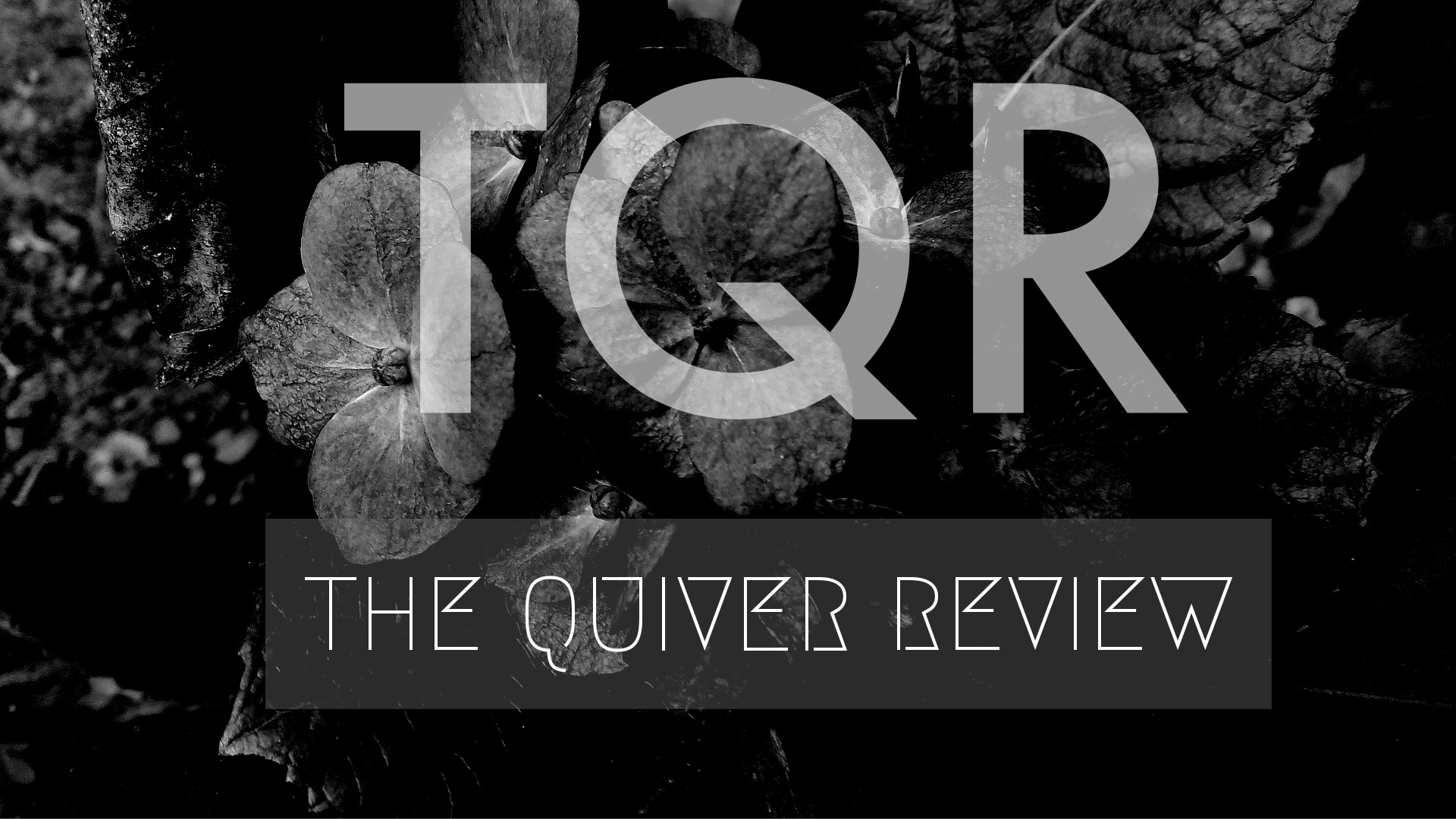


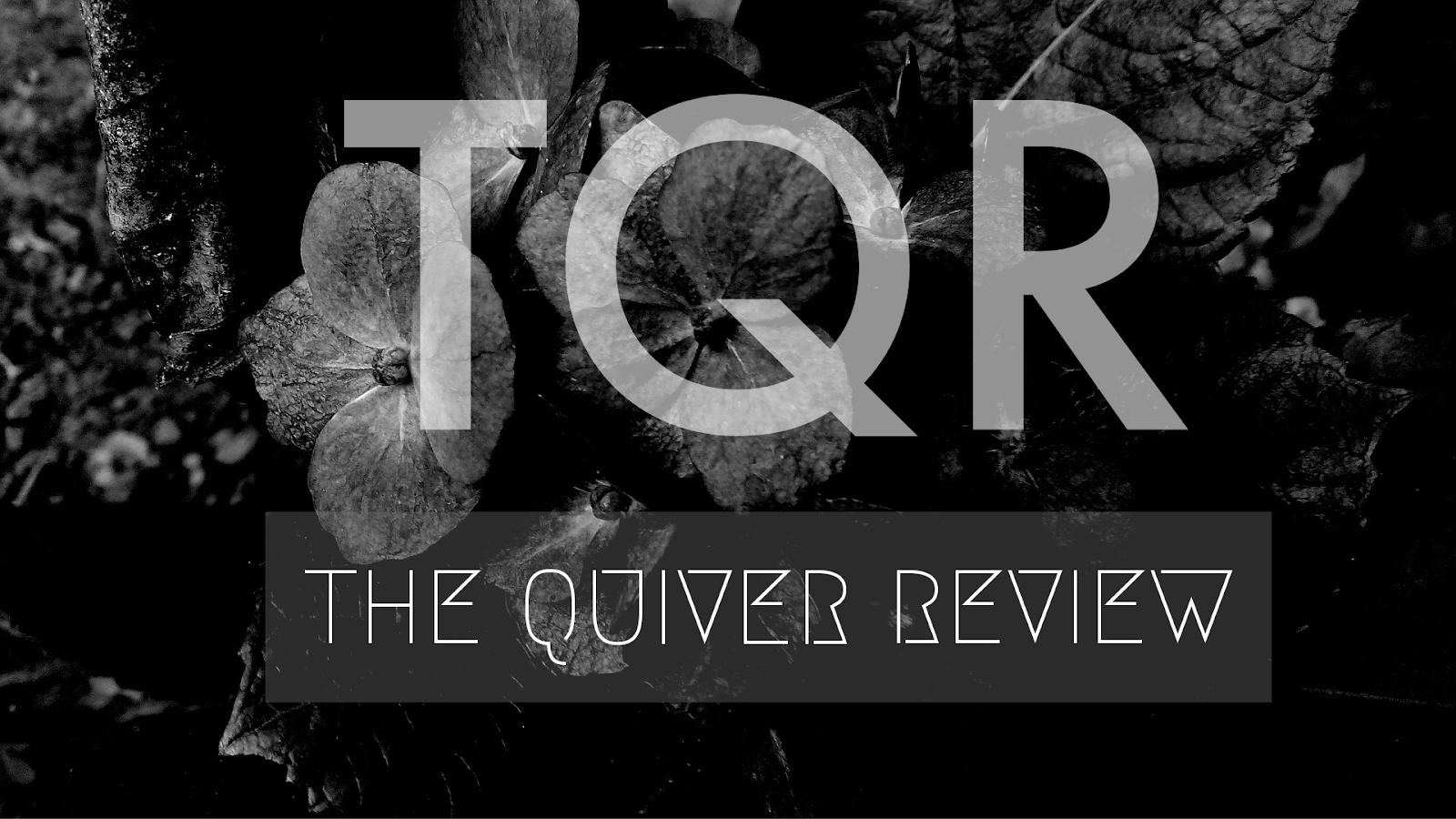

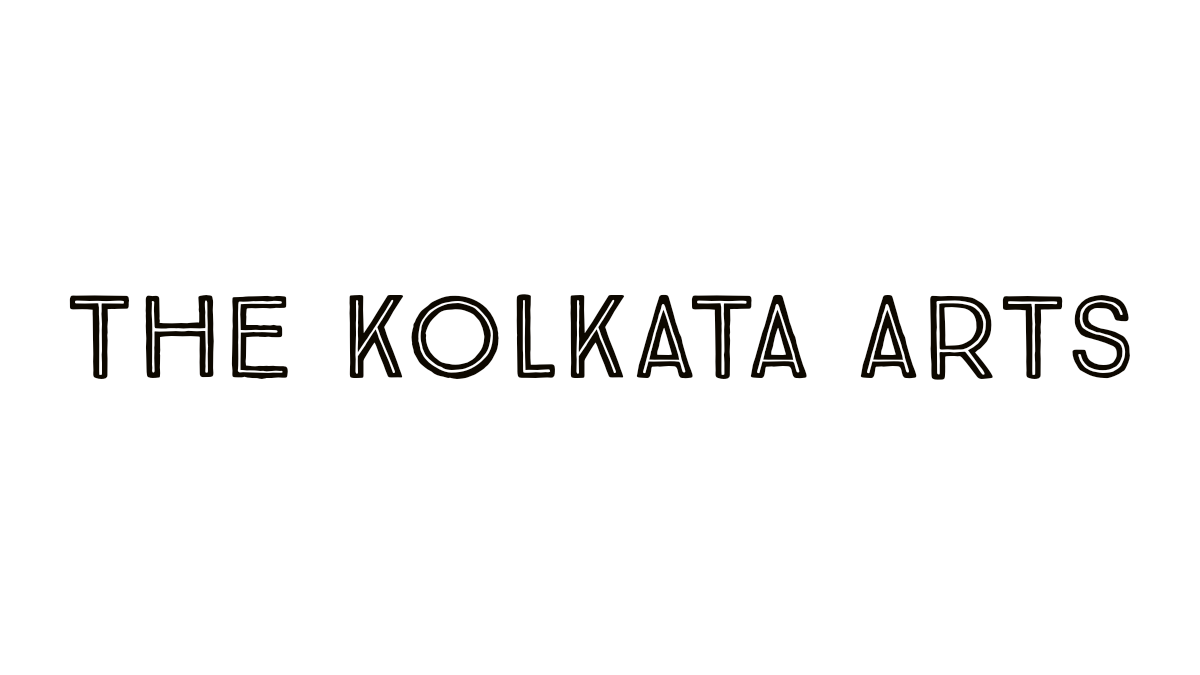

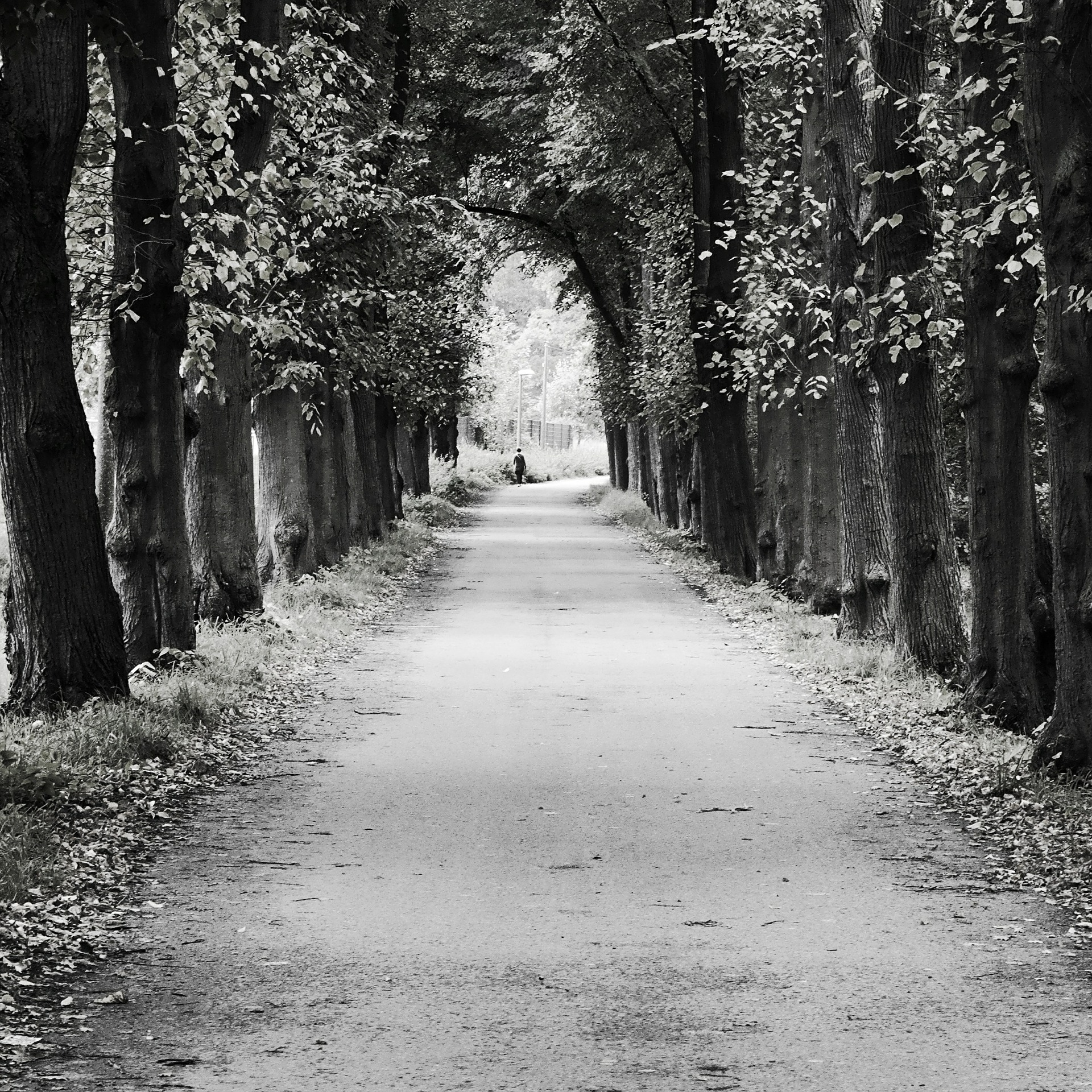


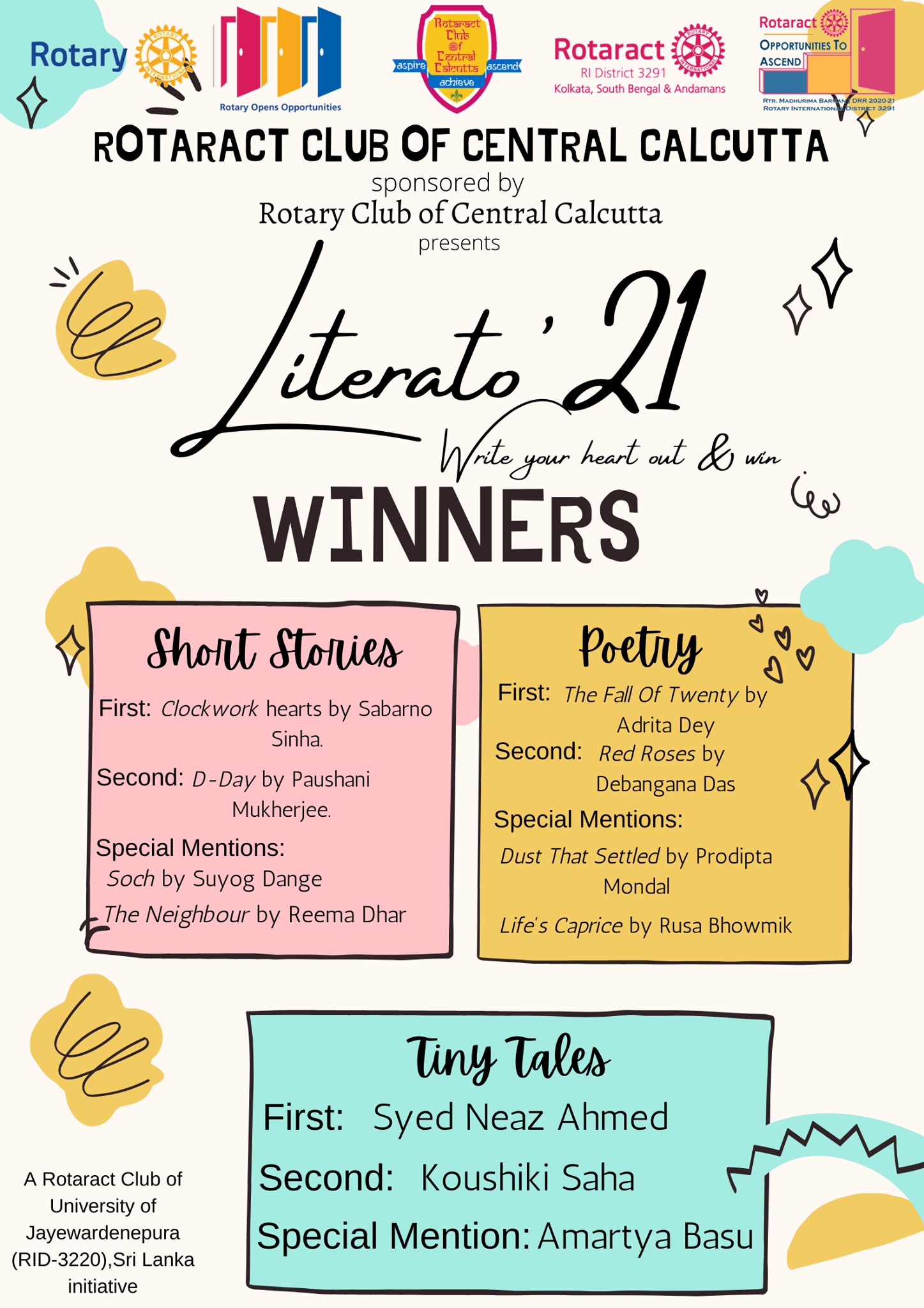
Comments
I say keep up the inspiration and pick as many of our kids , youth and elderly folks and willfully inspire them. Myself as a politician fighting for restorative justice for Matabeleland , I feel enthused by your work.
Words from a comrade!